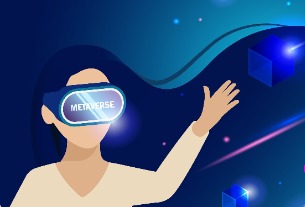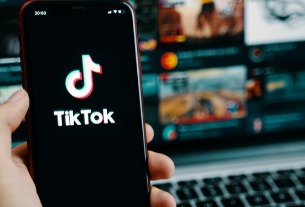Pwc has looked at 150 technologies and come up with the eight that it believes are most pertinent now in terms of cross industry and global impact over the next three to seven years.
Its Global CEO Survey revealed that 77% of bosses think technological advance will transform their businesses in the next five years – more than thought demographic shift or shift in global economic power.
In addition, 61% of bosses said they were concerned about the speed of technological change.
That’s hardly surprising in the context of figures showing the rapid take up of things like Pokemon Go. Just two days after its release in the US, the app was already being used for more than 43 minutes a day, longer than Whatsapp, Instagram and Snapchat.
* Artificial intelligence – described in the Pwc report as ‘software algorithms that are capable of performing tasks that normally require human intelligence, such as visual perception, speech recognition, decision-making, and language translation.’ And, for travel, Google already has a Vision Artificial Intelligence Platform to help scan and identify images. It can recognise landmarks, scenery and much more.
* Augmented reality – Pwc says: ‘addition of information or visuals to the physical world, via a graphics and/or audio overlay, to improve the user experience for a task or a product.’ Many hotels are already taking advantage of the Pokemon Go craze while companies such as Monarch Airlines have already put the technology to good use. Blippar, one of the companies developing augmented reality experiences for travel, attracted funding of $54m this year.
* Blockchain – the report describes it as ‘distributed electronic ledger that uses software algorithms to record and confirm transactions with reliability and anonymity.’ Blockchain is being looked at by the air transport industry to help identify passengers.
* Drones – described as ‘air or water-based devices and vehicles, for example Unmanned Aerial Vehicles (UAV), that fly or move without an on-board human pilot. For travel, there’s already some great footage showing off destinations and easyJet said in 2014 that it was using the devices for maintenance. Perhaps a little more fantastical is the concept of a drone holiday home.
* Internet of things – Pwc says ‘network of objects — devices, vehicles, etc. — embedded with sensors, software, network connectivity, and compute capability, that can collect and exchange data over the internet. Again, plenty of examples of trials in travel especially in hospitality and airports. It’s worth noting however that back in 2014 Gartner said expectations around IoT were inflated.
* Robots – probably doesn’t need a description but think Spencer at Schipol Airport and the Relay robot from Savioke, a company which attracted $15m in funding earlier this year.
* Virtual reality – described as’ computer-generated simulation of a three-dimensional image or a complete environment, within a defined and contained space (unlike AR), that viewers can interact with in realistic ways.’ Again, a great way to promote a destination with many travel companies already dipping a toe in the water. The development of Google Daydream has already sparked some comments around it driving mass adoption of the technology.
* 3D printing – described in the report as ‘additive manufacturing techniques used to create three-dimensional objects based on digital models.’ It’s not so easy to find examples in travel for this one but someone will come up with something.
Read original report




